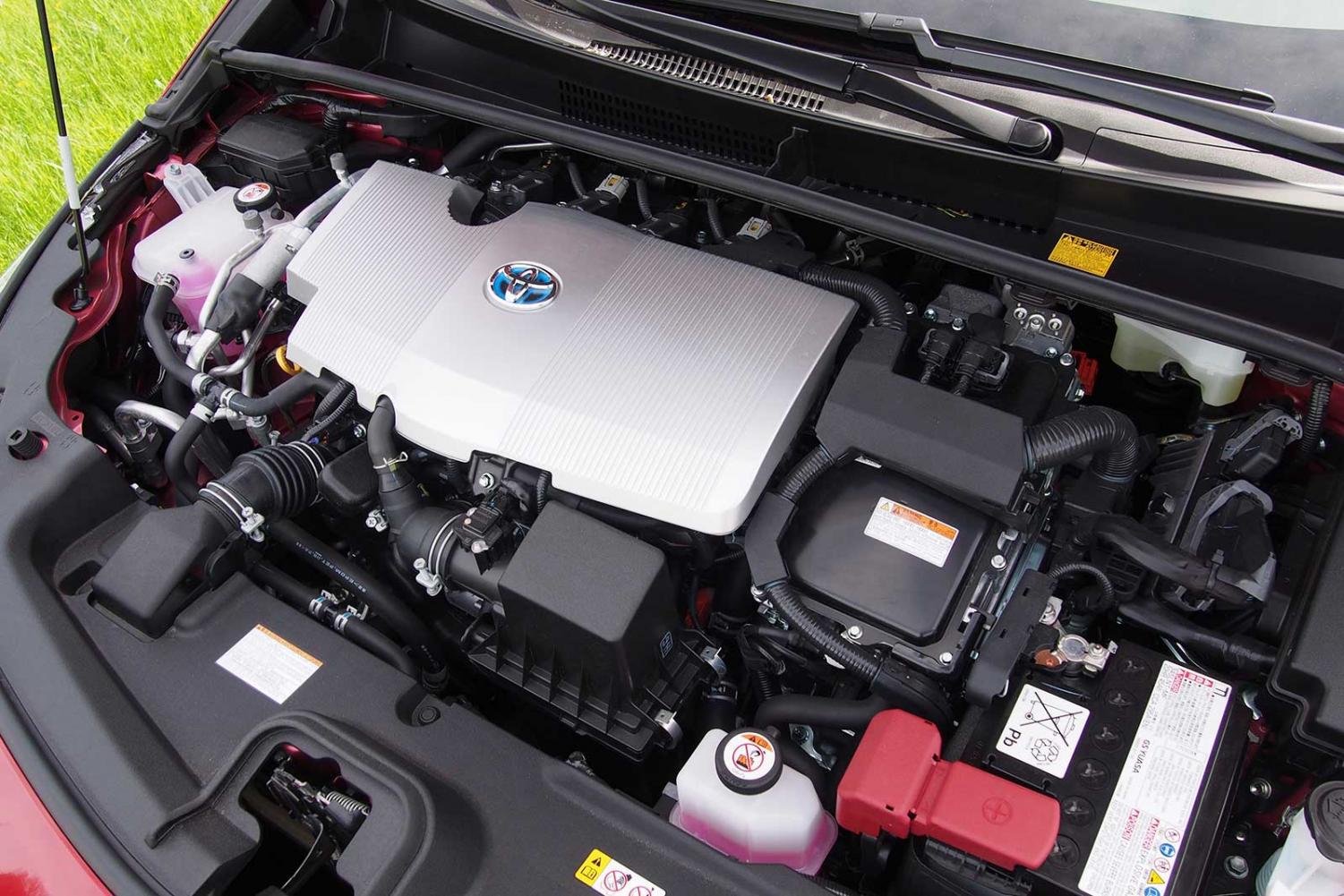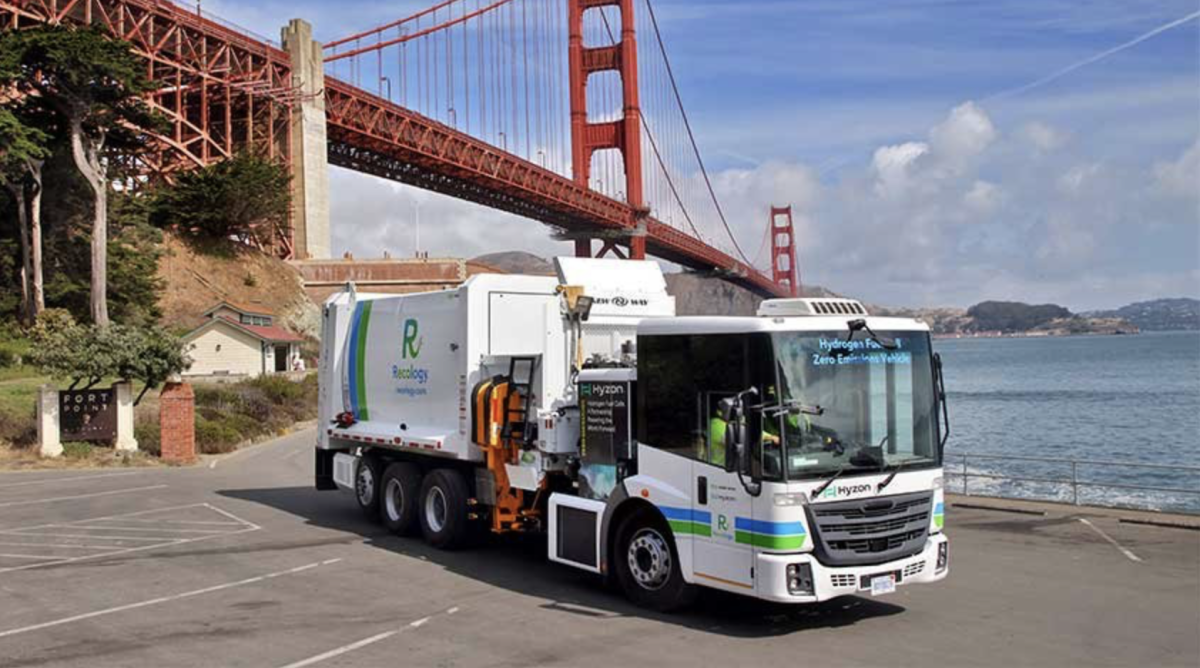Prius engines use both gasoline and electricity to run vehicles. In today’s world, that is the standard as fossil fuels deplete.
Prius engines are able to use gasoline to move vehicles, but also electricity when it is not using gasoline, making it more efficient for gas mileage, and emitting less harmful emissions into the environment.
However, the manufacturing of Prius engines makes more emissions than average car engines, and Prius engines can not be recycled because their car batteries are made with nickel. This is opposed to how most cars are made with lead, a post transitional metal with a low melting point.
Michael O’Brien, AP Environmental Science teacher, said that Prius engines are one step in the progression of our vehicles that drivers must make.
O’Brien said, “You have to weigh your options. If you are big family, a Prius is just not practical, but if you are a single person, then a Prius looks a lot better as an option, so you can choose, which is the best after weighing the options you have.”
Fully electric cars now exist, and they let out no emissions; Prius engines may also become the less practical choice for the future.O’Brien said, “Even if you are using electric cars, you still have to know where the electricity is coming from. Quite often, the electricity for these cars is coming from fossil fuel burning plants that are creating emissions. So, that the cars are not necessarily 100 percent emission free.”
Some environmentalists believe Prius engines are going in the right direction, but in the future when the fossil fuels run out, O’Brien wondered, “What will we do then?”








